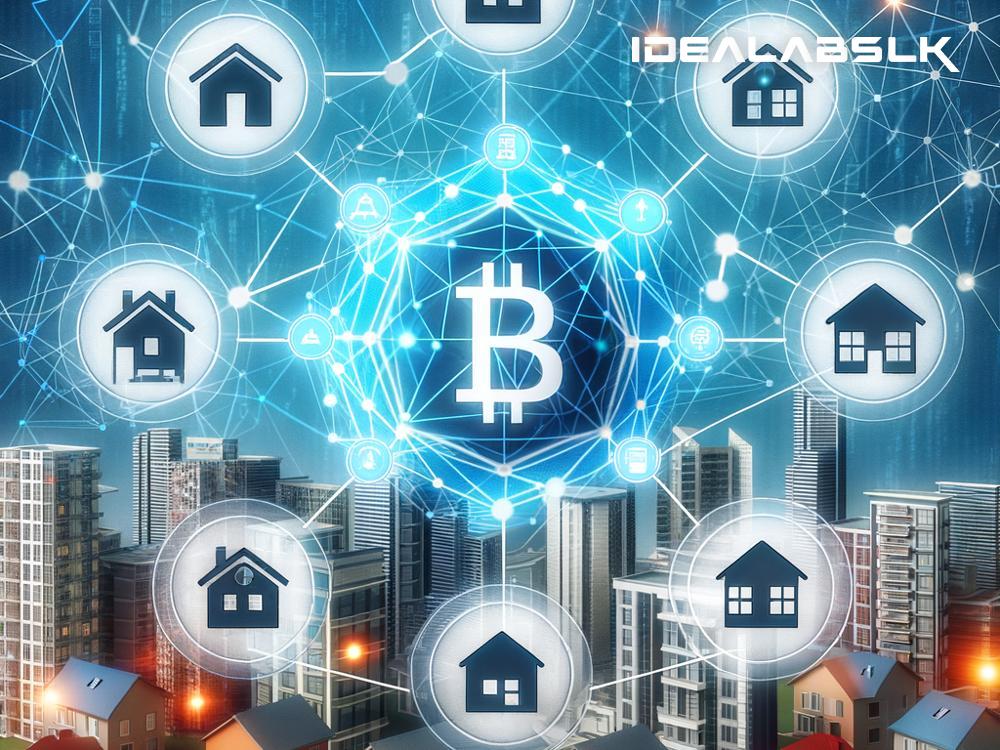Tokenizing Real Estate: How Blockchain is Making It Easier Than Ever
In recent years, we’ve seen technology change the way we do almost everything – from the way we shop to how we communicate. Now, it’s revolutionizing one of the oldest and most traditional sectors: real estate. This transformation is largely due to a concept called tokenization, made possible by blockchain technology. If you're thinking, "Tokeni-what?" and wondering how blocks have anything to do with houses, don't worry. In this article, we'll break down how tokenizing real estate works in simple English, making it easy to understand.
Understanding Tokenization and Blockchain
First things first, let’s clarify these terms. Tokenization is the process of converting rights to an asset into a digital token on a blockchain. Imagine you have a pizza and you want to share it with friends, but instead of cutting it into slices, you give them a digital token representing a slice. That’s tokenization - but with real estate instead of pizza.
Blockchain, on the other hand, is the technology that makes this possible. It’s a digital ledger that securely records transactions across many computers so that the record cannot be altered retroactively. Think of it as a highly secure, digital notebook that everyone can see, but no one can erase or rewrite what’s been written.
How Does Real Estate Tokenization Work?
In the traditional real estate market, buying and selling properties is a lengthy and complex process involving lots of paperwork, middlemen, and most importantly, a significant amount of money. This system can exclude many people because not everyone can afford to buy an entire property.
This is where tokenization comes in. By tokenizing a property, you break down its value into many digital tokens. Each token represents a share of the property. So, instead of needing thousands or millions of dollars to invest in real estate, you can now own a piece of a property with much less money.
Benefits of Tokenizing Real Estate
-
Accessibility: Tokenization lowers the barriers to real estate investment. You don’t need to be a millionaire to start investing in real estate; a smaller amount of money can get you started.
-
Liquidity: Real estate is known for being a relatively illiquid asset – selling property can take months, if not longer. However, because tokens can be sold on secondary markets similar to stocks, they can be more quickly converted into cash.
-
Transparency and Security: With transactions recorded on blockchain, there’s a transparent and immutable record of ownership and transactions. This minimizes disputes over ownership and ensures a higher level of security compared to traditional systems.
-
Fractional Ownership: Tokenization enables multiple investors to own a share of property, which is difficult to manage in the traditional real estate market without forming a company or a partnership. This can open up opportunities for diversifying investments even with limited capital.
Real-World Examples and Potential Challenges
Several platforms and projects around the world are already experimenting with real estate tokenization. For instance, companies have permitted investors to buy tokens representing ownership in commercial properties, luxury homes, and rental properties. These tokens can then be traded, sold, or held, just like stocks.
However, this innovative approach does not come without challenges. Regulatory uncertainty is a significant hurdle. The legal framework for tokenized assets is still being developed in many countries, and navigating these regulations can be complex. Additionally, the technology and the concept are relatively new and might be met with skepticism from traditional investors and regulatory bodies alike.
The Future of Real Estate Tokenization
Despite these challenges, the potential of real estate tokenization is immense. As technology continues to evolve and regulations become clearer, we can expect to see more properties being tokenized. This will not only change how we invest in real estate but also make the market more accessible, transparent, and efficient.
The idea that you could have a digital wallet containing tokens representing pieces of properties from around the world was unthinkable a few years ago. Now, it's becoming a reality, illustrating how technology is continuously breaking barriers and redefining what's possible.
In conclusion, real estate tokenization is reconfiguring the landscape of property investment, making it more accessible, liquid, and secure. This is just the beginning, and as blockchain technology advances, the way we buy, sell, and invest in real estate is bound to evolve dramatically. The key takeaway here is that technology, particularly blockchain and tokenization, is democratizing access to real estate investment, making it possible for more and more people to participate in what was once an exclusive club.

